British subscription site OnlyFans is failing to prevent underage users from selling and appearing in explicit videos, a BBC investigation has found.
Under-18s have used fake identification to set up accounts, and police say a 14-year-old used a grandmother's passport.
The UK's most senior police officer for child protection also says children are being "exploited" on the platform.
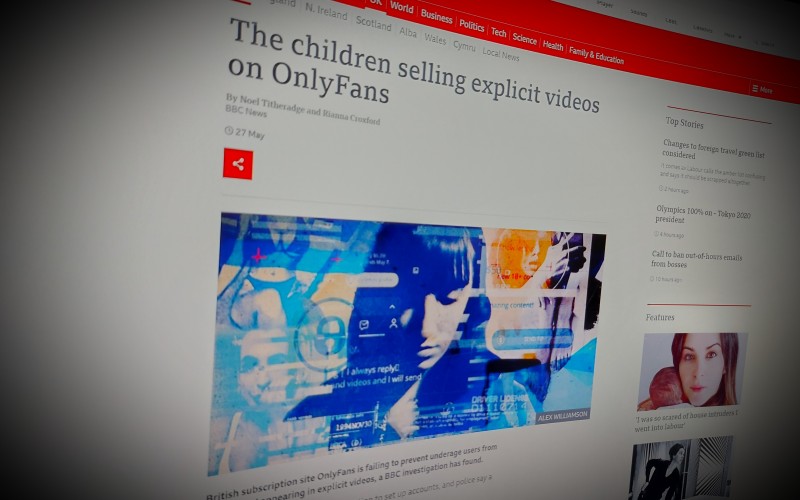
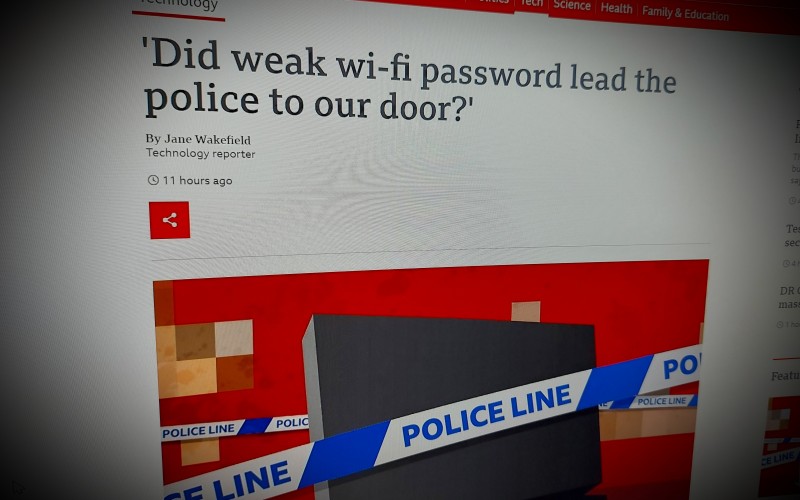
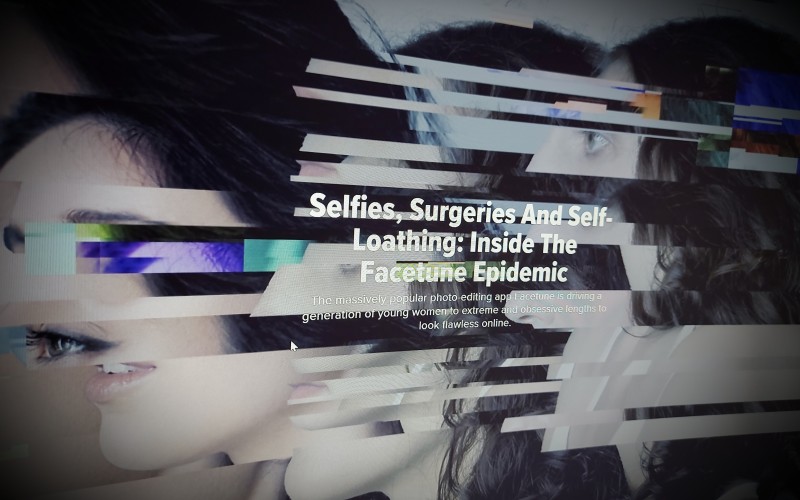
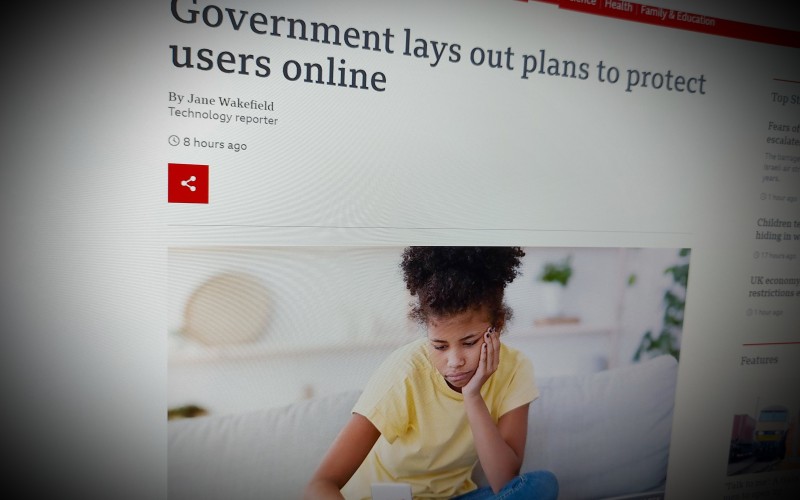
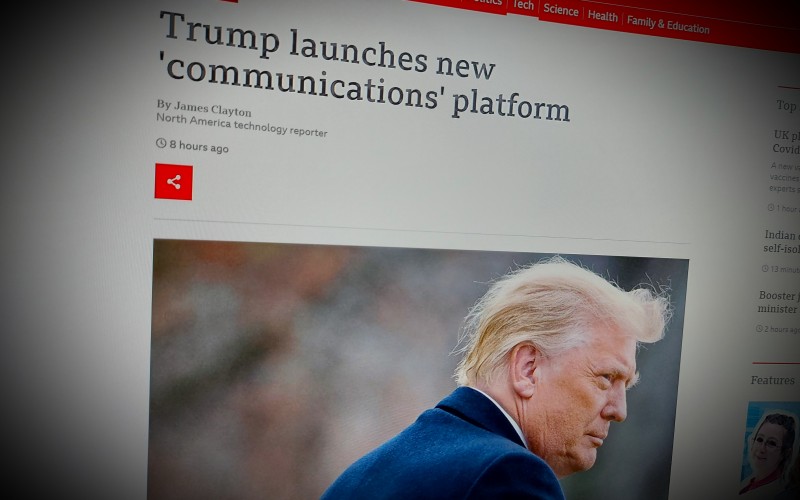
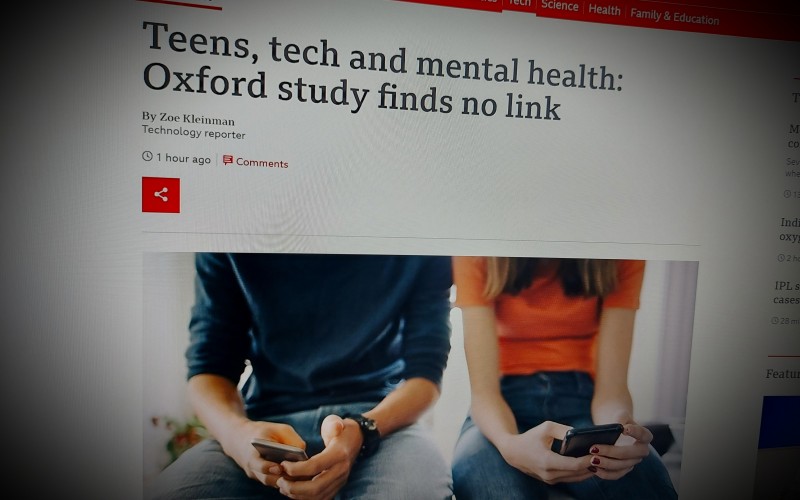
Comments
make a comment